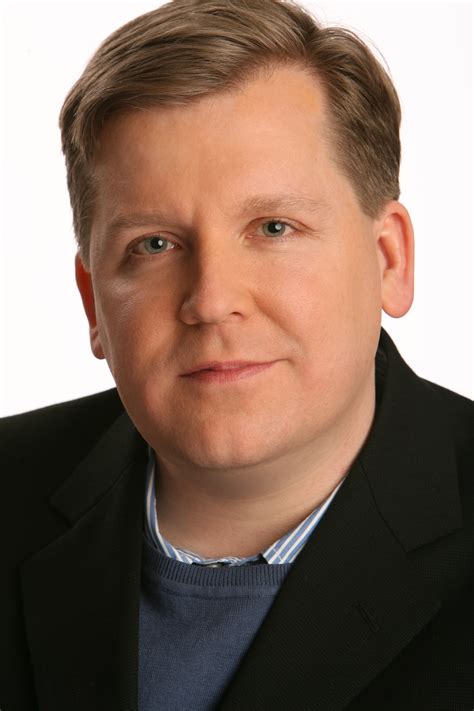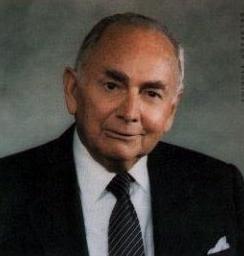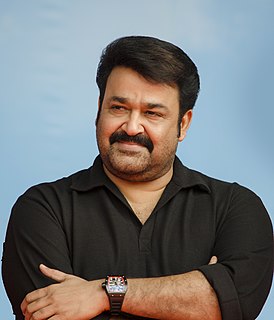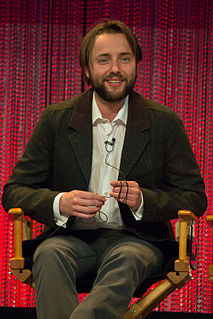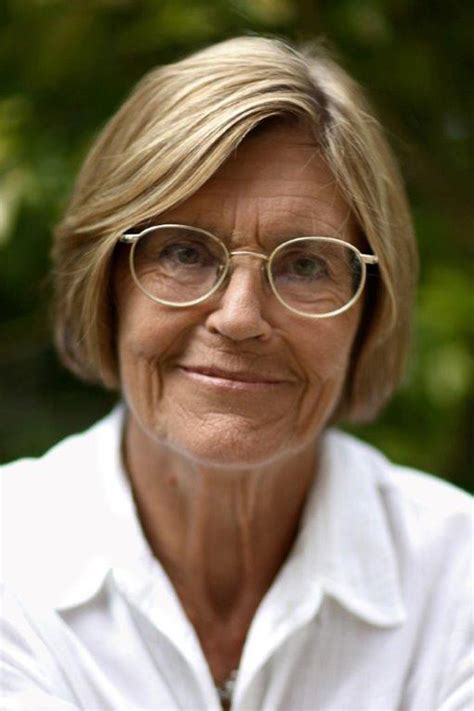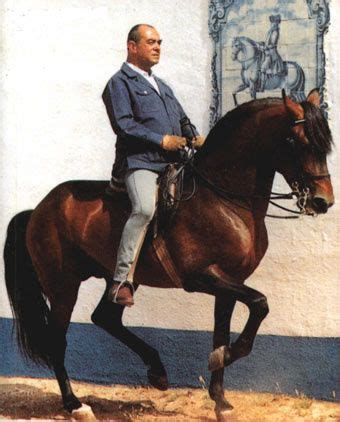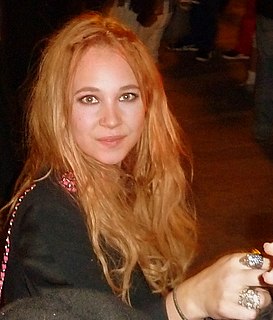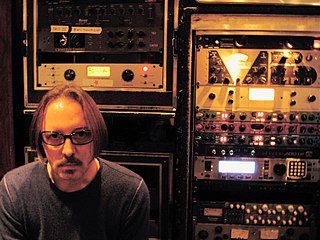A Quote by Zal Batmanglij
A director really doesn't deal with performance that much, especially if you deal with great actors. Their work is the performance. What you're helping them with is all the stuff they cannot be in control of.
Related Quotes
The debate can be put in the form of the question: Resolved, that the best of money managers cannot be demonstrated to be able to deliver the goods of superior portfolio-selection performance. Any jury that reviews the evidence, and there is a great deal of relevant evidence, must at least come out with the Scottish verdict: Superior investment performance is unproved.
Comedians work great as actors because they're good under pressure. With a lot of actors, you have to make them feel like everything's going really well to get a good performance out of them. But, if you have a comedian on the set, you can tell them, 'Hey, you really are screwing this up,' and then they just get better.
I've worked with actors before where I was like, this is not working, and then I've seen their work on the screen and I've been like, Wow, that was a really great performance. Because there are a lot of elements with film. It's not like stage. It's not a kind of performance art anymore; it's a highly tuned kind of collaboration - a symphony.
To go into more specifics regarding actors, whether they're from Korea or the U.S., all actors know if they are loved by the director. When they feel that love from the director, they respond by giving a great performance on camera. Also, everyone on set - the crew, the actors - they were aware of the film's message and its broad theme, so these big issues were never discussed on set.
The apex of perfection in equestrian art is not an exhibition of a great deal of different airs and movements by the same horse, but rather the conservation of the horse's enjoyment, suppleness and finesse during the performance, which calls for comparison with the finest ballet, or performance of an orchestra, or seeing a play by Racine, so moving is the sight of perfectly unisoned movements.
Film is such a director's medium; you're really in their hands in terms of the real storytelling. As an actor, you can give a performance moment to moment and some of your takes will be used and some of them won't. I think there are great films you can make with bad performances, and vice versa. There are all combinations of those things. It's really down to the director what happens, I think, so that's why it's really good to work with very talented, bold directors.
It's difficult because you can't generalise about these things. But in essence, you deal with children as simply as you deal with actors - you have to show a certain sort of respect. You deal with them lovingly and protect them, but if you protect them enough then they're open to engage with what you want to do with them.


